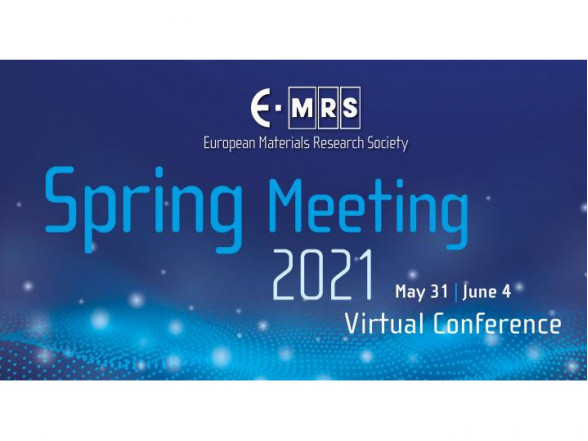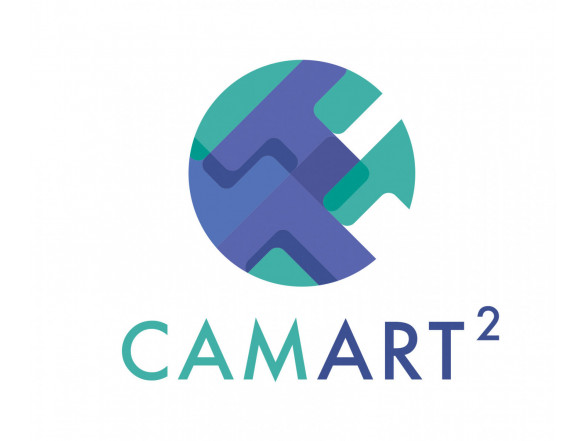The course “Research Methodology and Scientific Writing,” led by Jiantong Li, an associate professor at KTH, is primarily designed for young researchers at ISSP UL who are still students (bachelor’s, master’s, and PhD levels). This online course is conducted through Zoom lectures.
The program started on August 26, and it consists of six lectures once a week aimed at equipping students with the essential theoretical knowledge and practical skills necessary for typical research tasks in nanotechnology. The course will specifically address research ethics, sustainability, and their significance in the field of nanotechnology.
Upon completing the course, participants will be able to propose feasible and sustainable research projects related to nanotechnology, identify the novelty and significance of their research, create efficient plans for executing their projects, and apply research methodologies and scientific writing techniques to formulate a comprehensive scientific report.
Additionally, participants will learn to summarize and present research findings to the general public, review and evaluate scientific reports and publications related to nanotechnology, provide critical feedback, and understand the United Nations’ sustainable development goals in the context of nanotechnology. They will also be able to identify, explain, and assess the social and ethical implications of research projects in this area, gaining the theoretical knowledge and practical skills necessary for typical research assignments in nanotechnology.
ISSP UL employees have two options for participation in the course: a passive option, which involves listening to lectures and presentations, and an active option, which includes assignments and the opportunity to earn credit points (7.5 ECTS). This is particularly important for all students, especially those pursuing PhDs.
While the course is primarily aimed at students, it may also greatly interest more experienced colleagues.



